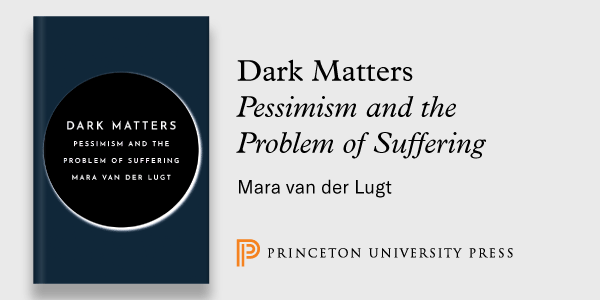[moving to the top for Halloween weekend] Halloween is coming up, a holiday about delighting in frightening, about fear and frivolity, about terrors and treats. In past years, Daily Nous has offered some opportunities for philosophers to have fun with Halloween. This year, let’s ruin it…

Third, maybe we will get lucky and learn something about the ethics of frightening. It would seem that there are a lot of questions related to or part of this inquiry we may want addressed, such as:
Under what conditions is it morally permissible to frighten someone?
First, do not pretend that “when frightening someone would maximize utility” or “when doing so would be universalizable” or “when the virtuous person would do so”, etc., are good answers here. I’m not saying this because those answers are wrong, but because, on their own, they’re rather uninformative and, even worse, boring. (If you’re not going to delve into specifics or give us examples, at least put some mid-level work into it, people.)
That should get the ball rolling, right?
…with overthinking. Bwahahahahahahaha! Bwahahaha! Bwahaha… ahem.
A few preliminaries…
- What is it to frighten someone?
- To what extent might it be permissible to frighten someone?
- Are there certain subjects about which one ought not to frighten others?
- Does it matter what the means of frightening are?
- Who may frighten whom?
- How do the norms change when one has consented to be in a situation in which they expect to be frightened?
You can view previous Daily Nous Halloween posts here.
for more information about Kant’s skull, see this post
So, to that end, philosophers:
Second, this is a blog post about Halloween. I say this because sometimes, in various ways, people get worked up about stuff. Try to imagine what it is like to be at a party—you remember parties, don’t you?—and bring those conversational norms to the comments section here. I’m not saying you can’t be serious. But one can be serious without being somber.
I myself don’t at the moment have a view about the ethics of frightening people except that, like many other things which are in some ways and under some circumstances bad, it’s also in some ways and under some circumstances good, permitted, and perhaps even advisable.




